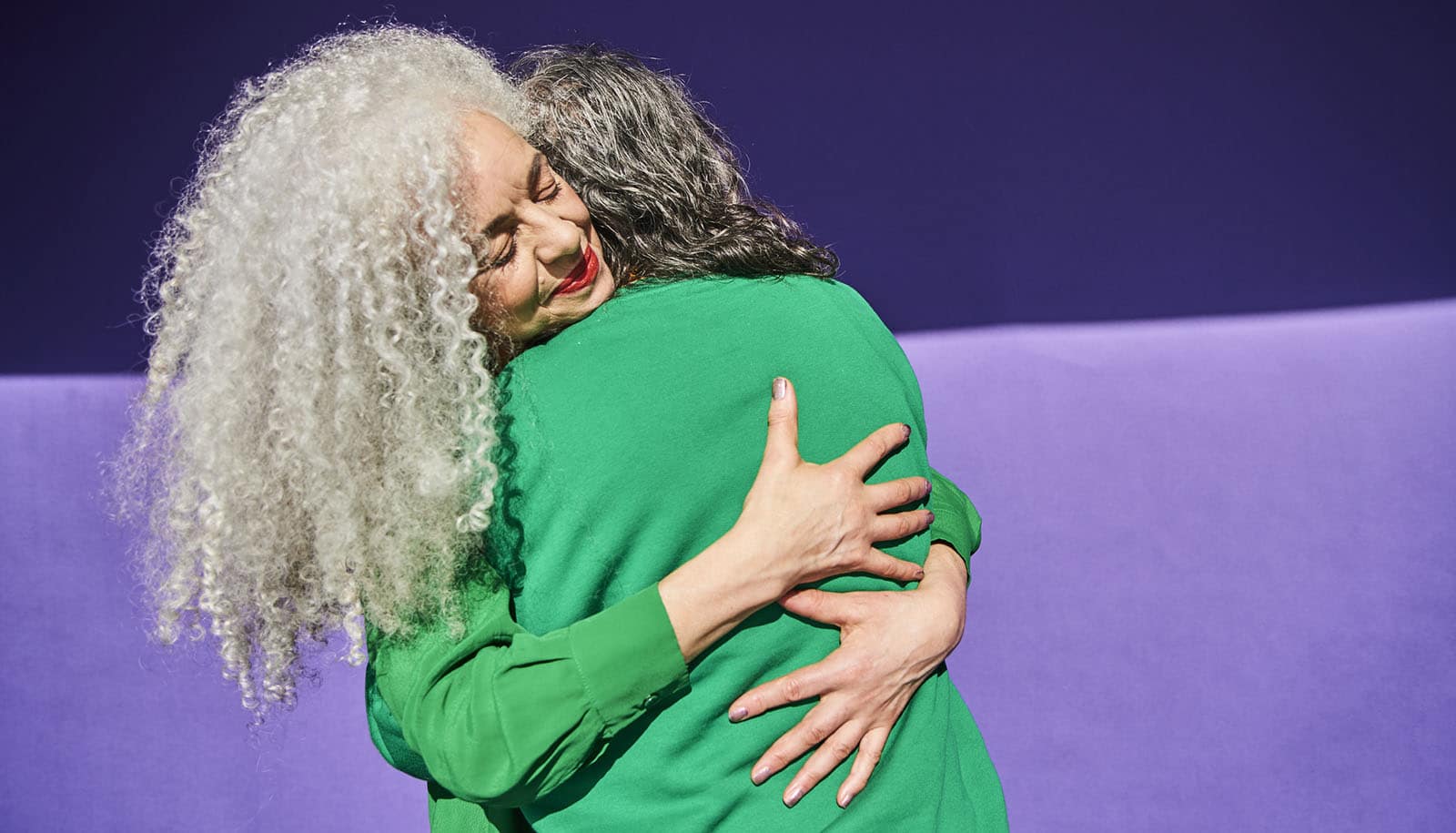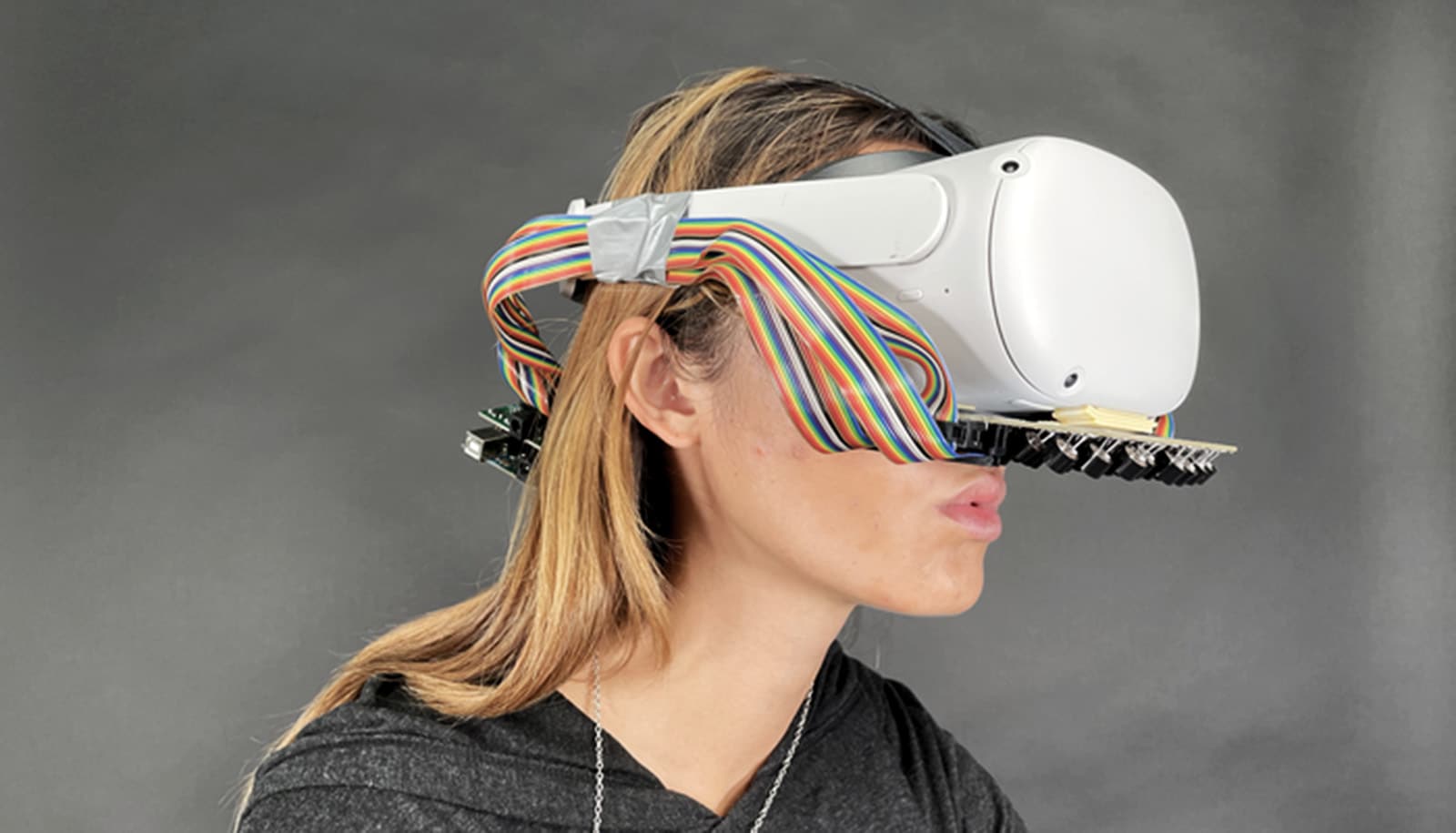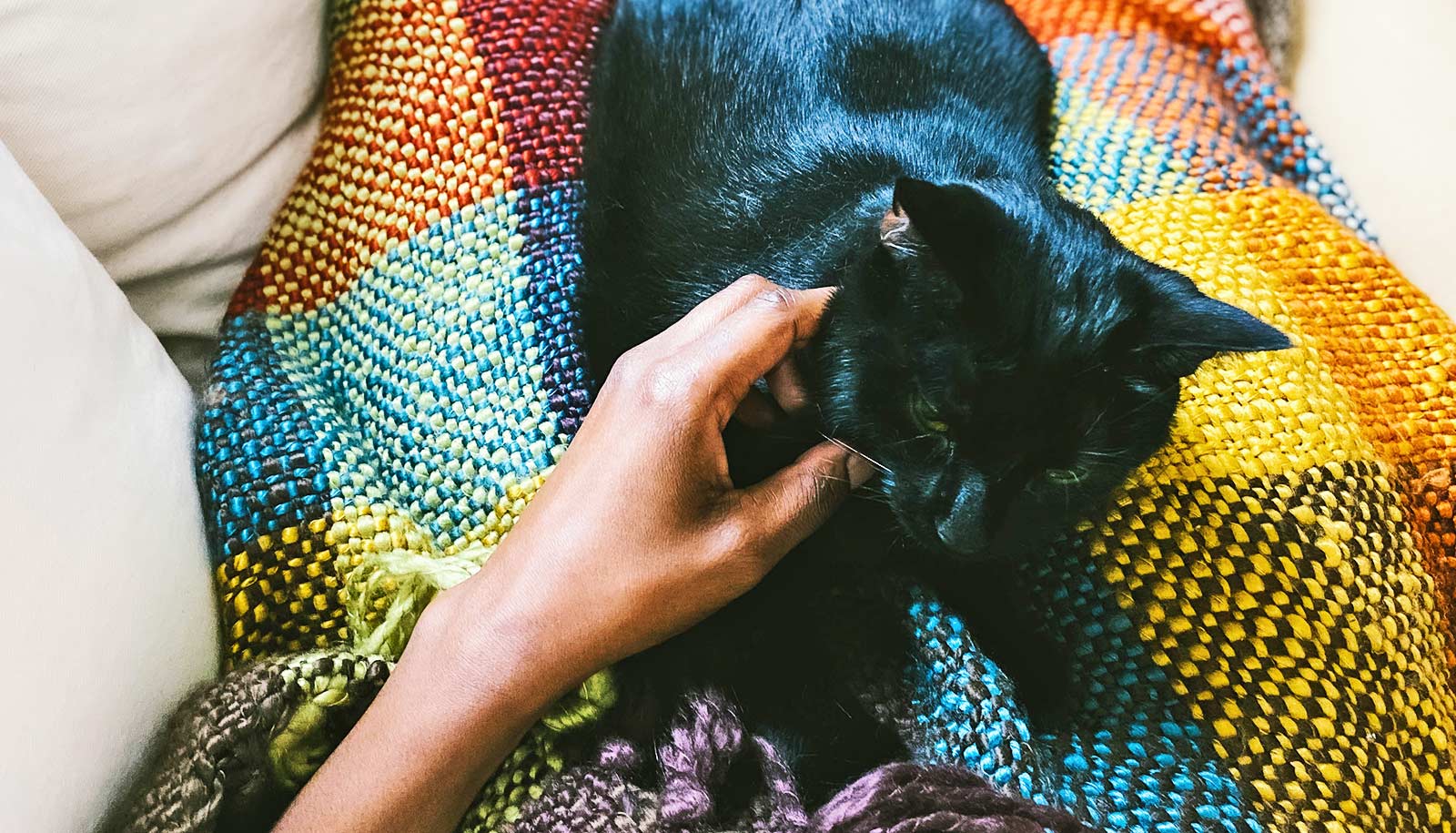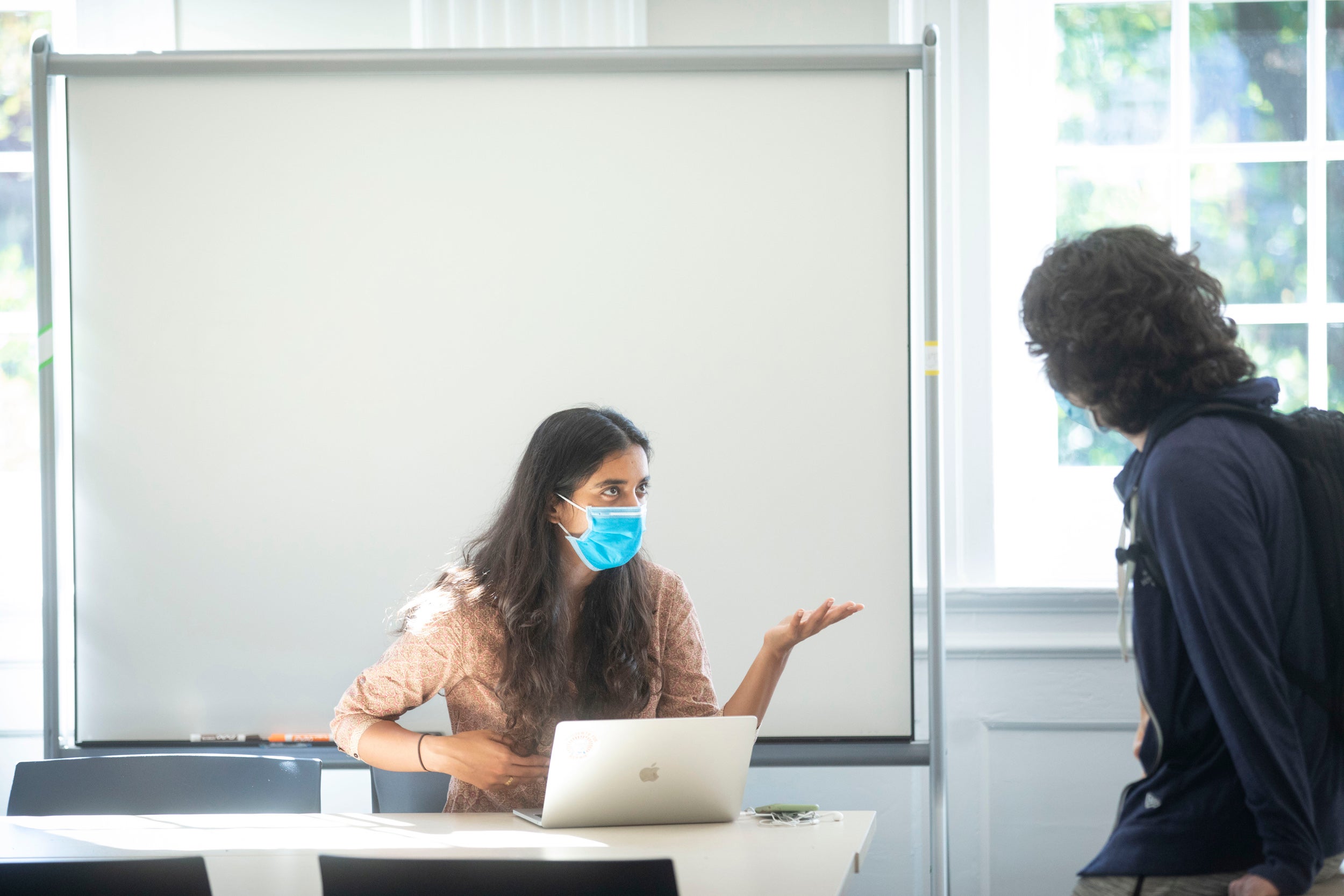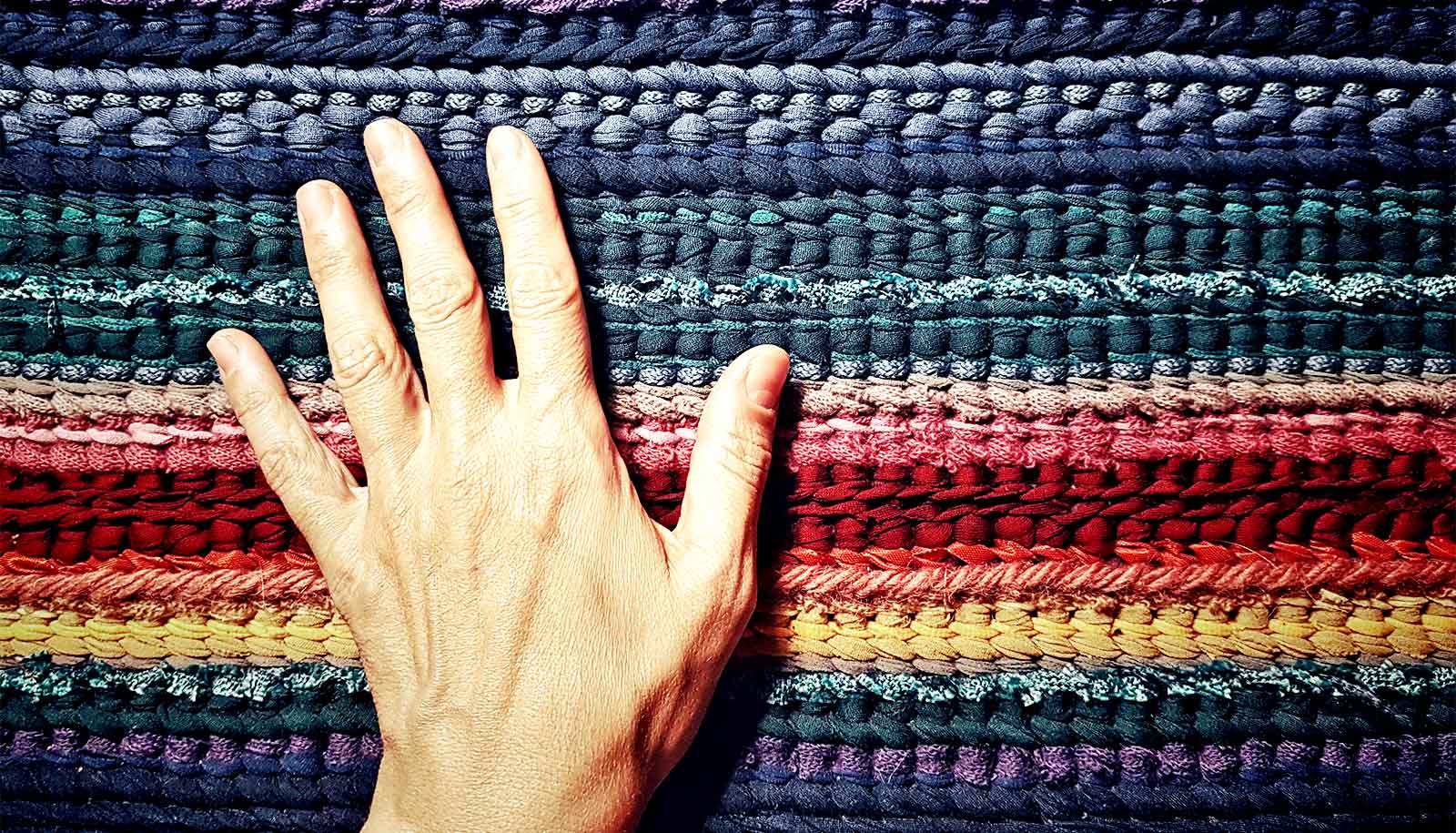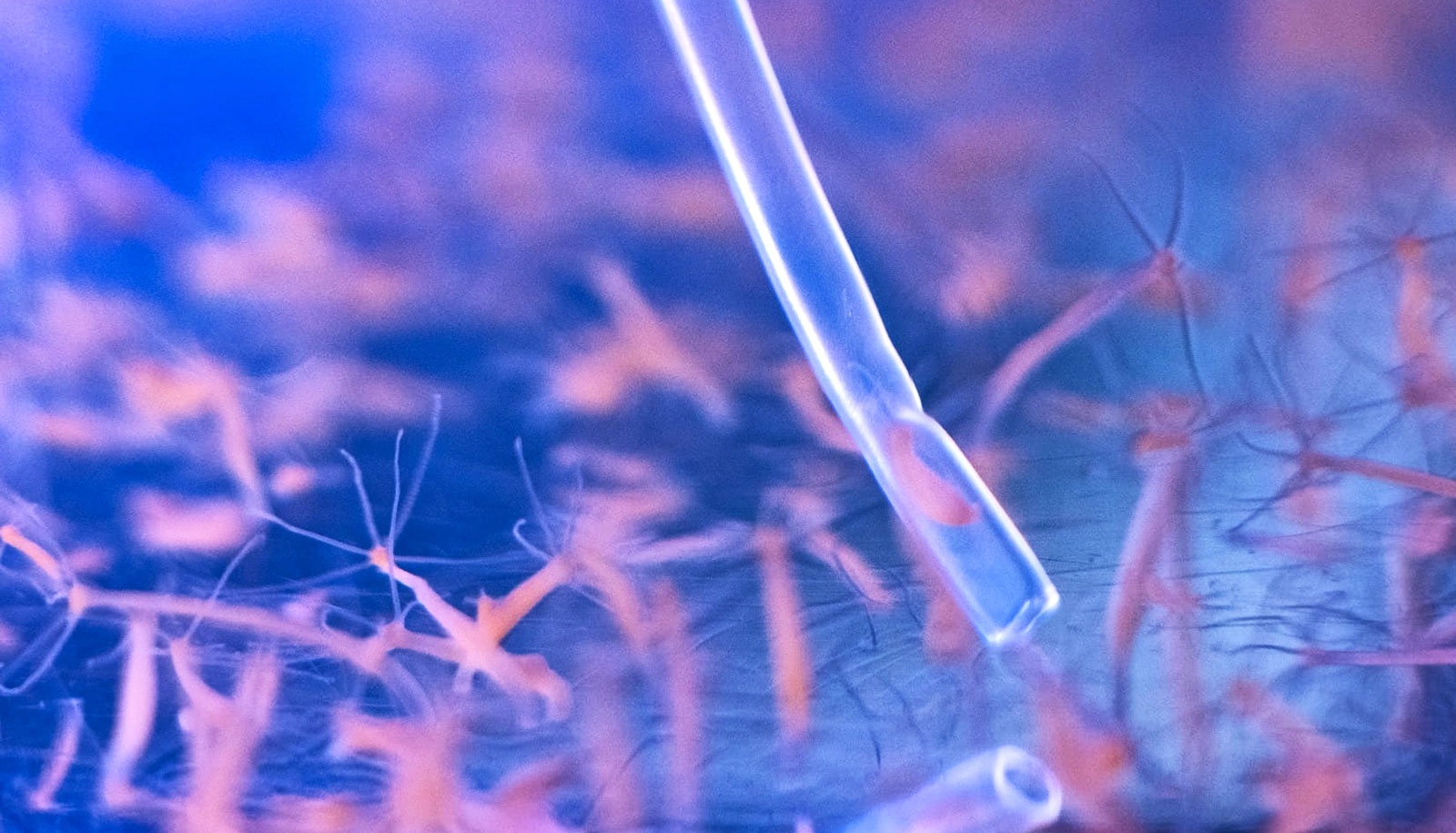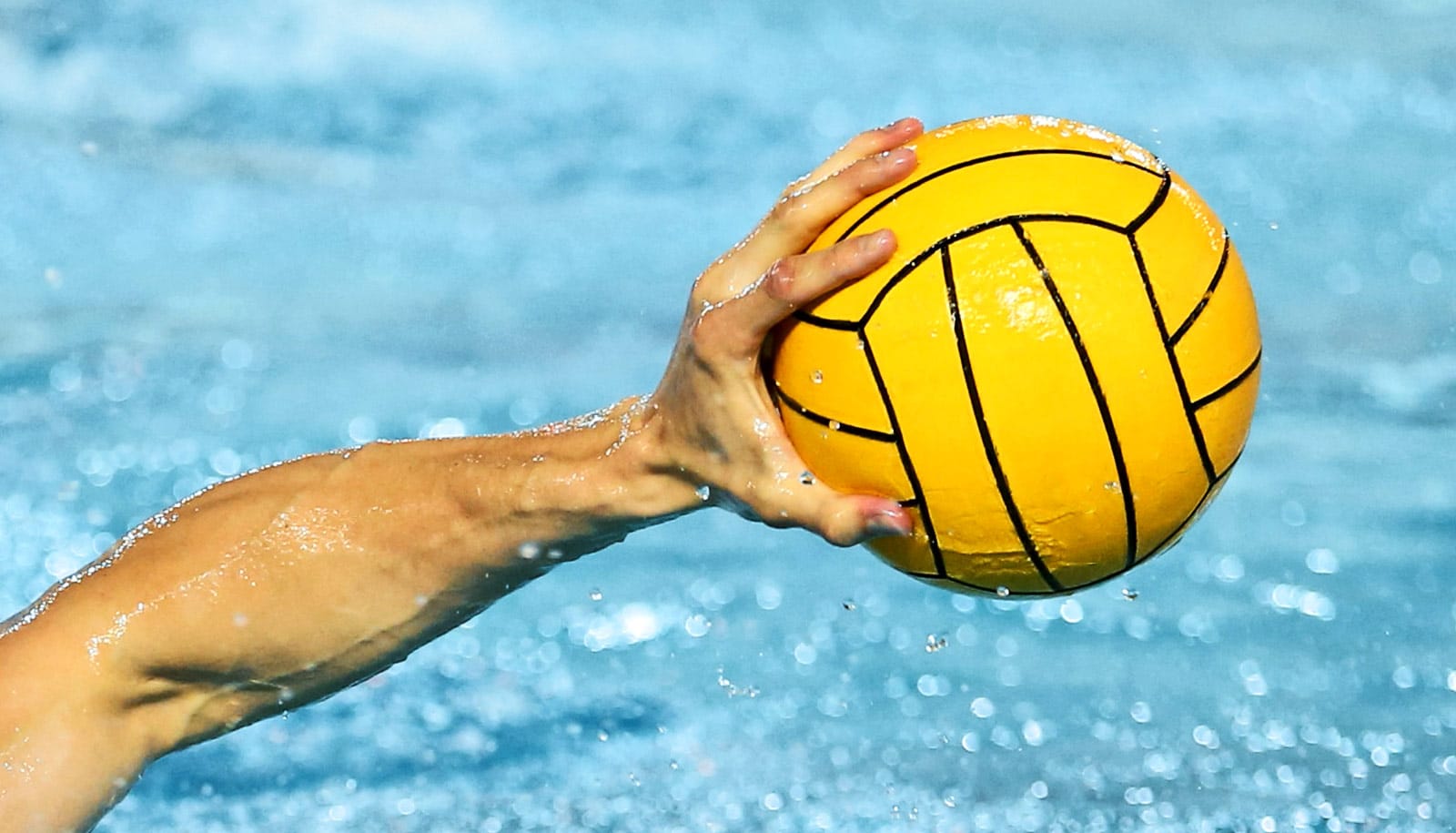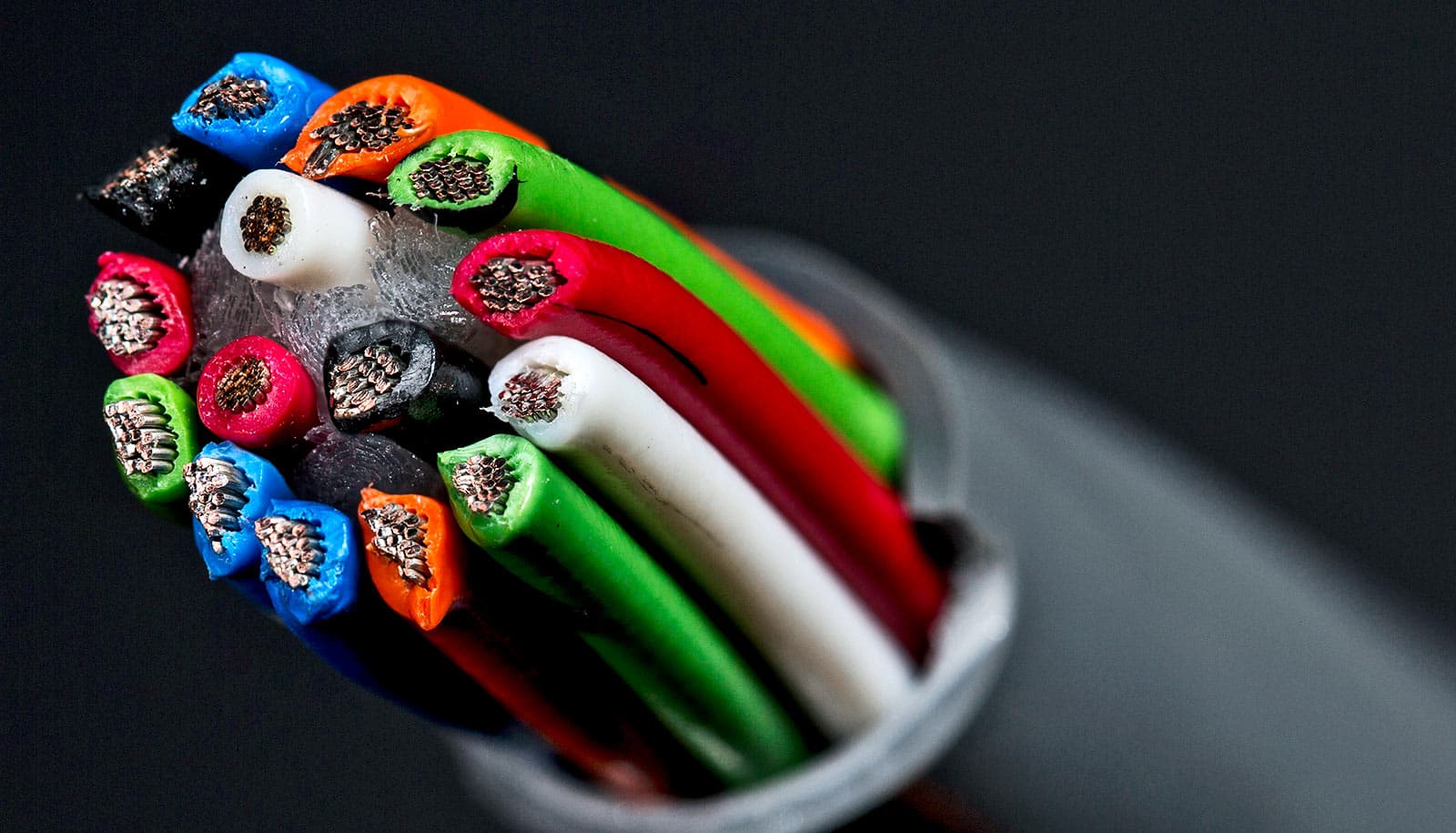Restoring touch through electrodes implanted in the human brain will require engineering around a sensory lag
When designing neuroprosthetic devices for users to control with their thoughts, engineers must take into account the sensory information brains collect from the environment and how it gets processed.
Rajesh P. N. Rao, Professor of Computer Science and Engineering and Director of the Center for Sensorimotor Neural Engineering, University of Washington •
conversation
March 30, 2022 • ~8 min
March 30, 2022 • ~8 min
If you love ASMR you might be more sensitive, our research finds
It’s intriguing how some people experience ASMR while others don’t - our latest research suggests that many ASMR responders are highly sensitive “orchids”.
Giulia Poerio, Associate lecturer, University of Essex •
conversation
March 10, 2022 • ~7 min
March 10, 2022 • ~7 min
/
5

